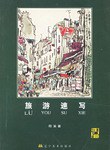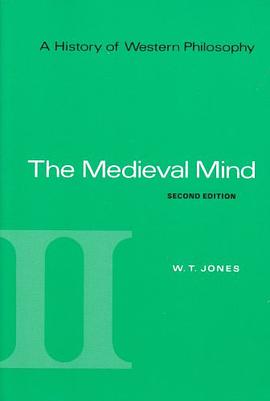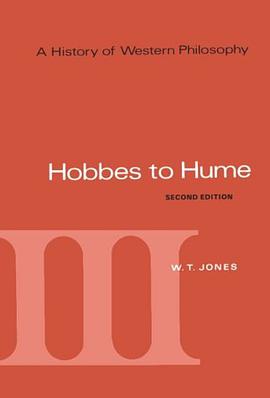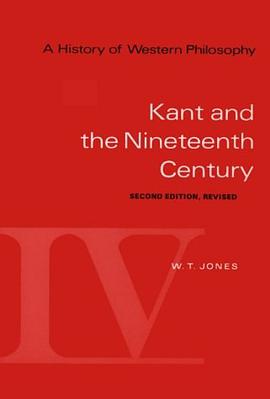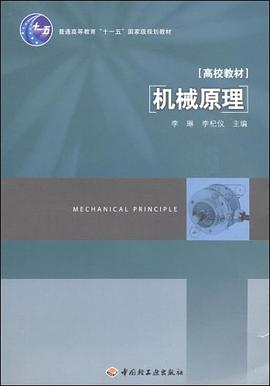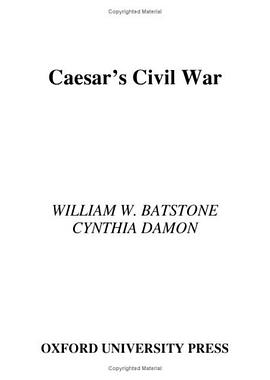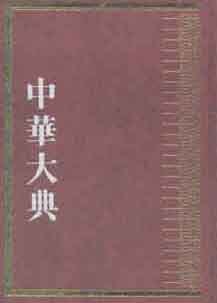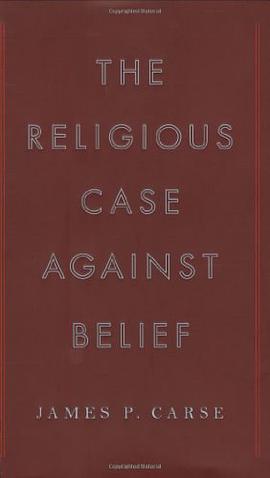
In this age when religious global conflict appears to be at its apex, renowned scholar James Carse offers us a viable and balanced path away from the excesses of ideology and toward a more open-ended dialogue that will enrich your understanding of this issue forever.
In The Religious Case Against Belief, Carse identifies the 21st century’s most forbidding villain: Belief. Belief, according to the author, is something to be distinguished from religion. Belief—with its restriction on thought and encouragement of hostility—has corrupted religion and spawned violence around the world. From the Crusades to the contemporary Christian right, from the Inquisition to Islamic jihadists, “true believers” construct identities by erecting boundaries and by fostering aggression between the true believer and the other. This is why belief systems choose—at great cost—to remain locked in bloody conflict rather than to engage in dialogue.
Central to Carse’s argument is what he describes as the three kinds of ignorance: ordinary ignorance (a mundane lack of knowledge; such as ignorance of tomorrow's weather); willful ignorance (an intentional avoidance of accessible knowledge, as in the rejection of scientific facts); and finally, higher ignorance (a learned understanding that no matter how many truths we may accumulate, our knowledge falls infinitely short of the truth). While ordinary ignorance is common to all people, Carse associates the strongest manifestation of willful ignorance with the most fervent (and dangerous) of believers. In fierce contrast to willful ignorance, higher ignorance is an acquired state enhanced by religion. Those traveling the path to higher ignorance recognize the instruments of their faith (such as the Bible) as intended to promote contemplation, interpretation, and a sense of wonder. In this way, religion, uncontaminated by belief systems, rejects the false boundaries that divide people and ideas.
The Religious Case Against Belief exposes a world where religion and belief have become erroneously (and terrifyingly) conflated. In strengthening their association with powerful belief systems, religions have departed from their essential purpose as agencies of higher ignorance. With a wide range of understanding, James Carse offers a hopeful and needed alternative to the arguments of anti-religion critics, while building a pathway away from what can be called our second “Age of Faith” and toward global harmony.
“In our era of dangerously colliding belief systems Carse shows how at its core religion reveals a reality that we can not know. His book demonstrates a superb command of religious history and is written in an inviting and engaging style: A voice of sanity amidst the screaming.”—Harvey G. Cox, author of When Jesus Came to Harvard and Hollis Professor of Divinity, Harvard Divinity School
“Religion in its present form is a vast work of poetry,” writes James Carse in his intriguing new definition of religion. Learned, sober and clear—and wonderfully free of academic jargon—this book opens the mind to a broad appreciation of the riches of religion, at a moment when no issue is more crucial to the world crisis and our concomitant personal anxiety. Especially valuable for understanding America’s infatuation with the phenomenon of Belief, which is always subject to, and often indistinguishable from, dogmas and dangerous delusions.”—James Hillman, author of The Soul’s Code: In Search of Character and Calling
“In prose as clean as a hound's (of heaven?) tooth, James Carse incisively lays bare the pertinence to religion of Nicholas of Cusa's "learned ignorance" against all foreclosed circumscriptions - including, admittedly, this one! - by systems of belief. A fascinating array of characters and issues creates the sense for the reader of an ongoing and unresolved theological drama.”—Christopher L. Morse, author of Not Every Spirit: A Dogmatics of Christian Disbelief and Union Theological Seminary Dietrich Bonhoeffer Professor of Theology and Ethics
具體描述
讀後感
作为一个后现代主义者,一旦有人试图推销给我的任何定义分明的二元对立,我都会产生深深的疑惑:事情果然如此么?不管是现代之于传统(脑子里顿时想到豆瓣上围绕着《停滞的帝国》产生的一系列争论),东方之于西方,还是文明之于野蛮,我的第一感觉都是,这些区分都是很危险...
評分作为一个后现代主义者,一旦有人试图推销给我的任何定义分明的二元对立,我都会产生深深的疑惑:事情果然如此么?不管是现代之于传统(脑子里顿时想到豆瓣上围绕着《停滞的帝国》产生的一系列争论),东方之于西方,还是文明之于野蛮,我的第一感觉都是,这些区分都是很危险...
評分作为一个后现代主义者,一旦有人试图推销给我的任何定义分明的二元对立,我都会产生深深的疑惑:事情果然如此么?不管是现代之于传统(脑子里顿时想到豆瓣上围绕着《停滞的帝国》产生的一系列争论),东方之于西方,还是文明之于野蛮,我的第一感觉都是,这些区分都是很危险...
評分作为一个后现代主义者,一旦有人试图推销给我的任何定义分明的二元对立,我都会产生深深的疑惑:事情果然如此么?不管是现代之于传统(脑子里顿时想到豆瓣上围绕着《停滞的帝国》产生的一系列争论),东方之于西方,还是文明之于野蛮,我的第一感觉都是,这些区分都是很危险...
評分作为一个后现代主义者,一旦有人试图推销给我的任何定义分明的二元对立,我都会产生深深的疑惑:事情果然如此么?不管是现代之于传统(脑子里顿时想到豆瓣上围绕着《停滞的帝国》产生的一系列争论),东方之于西方,还是文明之于野蛮,我的第一感觉都是,这些区分都是很危险...
用戶評價
我不喜歡哲學
评分我不喜歡哲學
评分我不喜歡哲學
评分我不喜歡哲學
评分我不喜歡哲學
相關圖書
本站所有內容均為互聯網搜索引擎提供的公開搜索信息,本站不存儲任何數據與內容,任何內容與數據均與本站無關,如有需要請聯繫相關搜索引擎包括但不限於百度,google,bing,sogou 等
© 2025 qciss.net All Rights Reserved. 小哈圖書下載中心 版权所有




